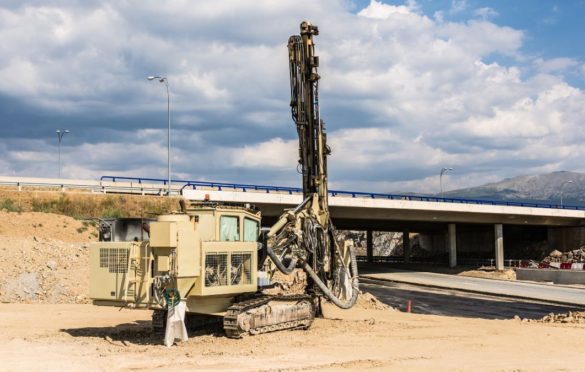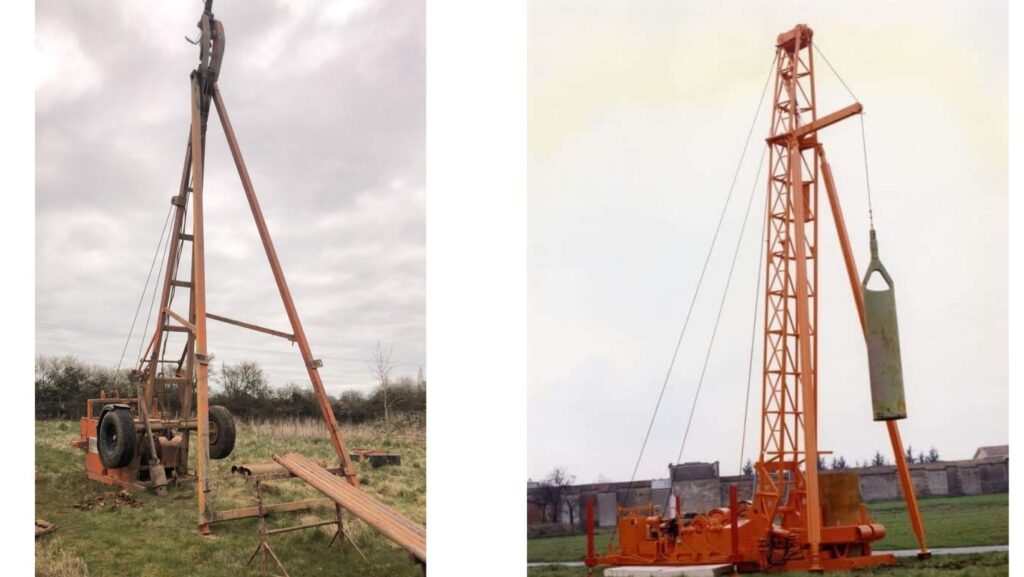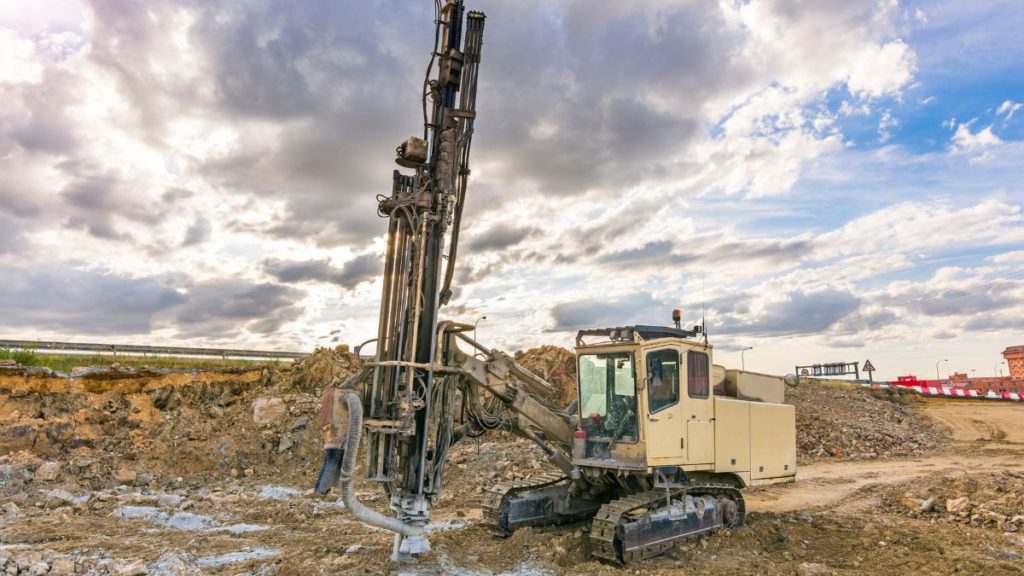Geotechnical Investigation

Introduction
Geotechnical investigation is a critical component of engineering geology, providing invaluable insights into the subsurface conditions of a project site. Whether you’re planning a construction project, assessing foundation stability, or evaluating potential geological hazards, a thorough geotechnical investigation is the first step towards success. In this comprehensive guide, we’ll delve deep into the world of geotechnical investigation, covering everything from its importance and methods to key considerations and best practices.

Understanding Geotechnical Investigation
Geotechnical investigation, often referred to as geotech investigation, is the process of assessing the physical and mechanical properties of the earth’s subsurface materials. This crucial step in engineering geology aims to provide a comprehensive understanding of the soil, rock, and groundwater conditions at a project site. By analyzing these factors, engineers and geologists can make informed decisions that ensure the safety and stability of structures built on or within the earth.
Importance of Geotechnical Investigation
Geotechnical investigation plays a pivotal role in engineering projects for several reasons:
- Foundation Design: It helps engineers design foundations that can support the intended structure’s weight and withstand environmental forces.
- Risk Mitigation: By identifying potential geological hazards such as landslides, liquefaction, or sinkholes, geotech investigations help mitigate risks.
- Material Selection: Determining the suitability of soil and rock for construction materials is vital to ensuring the longevity of a project.
- Cost Control: Geotech data guides project planning, reducing unexpected delays and cost overruns.

Methods of Geotechnical Investigation
Geotechnical investigations involve a range of methods and techniques, each tailored to the specific needs of the project. Here are some common methods:
1. Drilling and Sampling
- Soil borings
- Rock coring
- Geophysical logging
2. In Situ Testing
- Standard penetration test (SPT)
- Cone penetration test (CPT)
- Vane shear test
3. Laboratory Testing
- Grain size analysis
- Soil classification
- Shear strength testing
4. Geophysical Surveys
- Ground-penetrating radar (GPR)
- Seismic refraction
- Electrical resistivity
5. Remote Sensing
- Aerial photography
- LiDAR (Light Detection and Ranging)
Key Parameters Analyzed
During a geotechnical investigation, various parameters are analyzed to assess the site’s suitability for construction:
- Soil Composition: Identifying the types of soil present, such as clay, silt, sand, or gravel.
- Soil Strength: Measuring shear strength to determine the soil’s load-bearing capacity.
- Groundwater Level: Assessing the depth and fluctuations of the water table.
- Lithology: Characterizing rock types and their properties, including hardness and fracturing.
- Slope Stability: Evaluating the stability of slopes and potential for landslides.
- Seismic Risk: Assessing the site’s susceptibility to earthquakes.
Site-Specific Considerations
Geotechnical investigations must take into account the unique characteristics of each site. Factors that influence the scope and depth of the investigation include:
- Climate and Weather Patterns
- Geological History
- Vegetation and Ecosystems
- Local Regulations and Zoning
- Adjacent Structures and Infrastructure
Geotechnical Investigation Report
The findings of a geotechnical investigation are typically compiled into a detailed report. This report serves as a critical reference for engineers, architects, and project stakeholders. A well-structured geotechnical report should include:
1. Executive Summary
- A concise overview of the project and key findings.
2. Site Description
- Detailed information about the site’s location, boundaries, and topography.
3. Field Investigation
- Data and observations gathered during fieldwork, including drilling and testing results.
4. Laboratory Testing
- Results of soil and rock samples tested in a controlled environment.
5. Analysis and Interpretation
- An expert analysis of the data, including conclusions and recommendations.
6. Design Parameters
- Specific parameters and design recommendations for foundations, retaining walls, and more.
7. Appendices
- Supplementary information, charts, and graphs.
Common Challenges and Mitigations
Geotechnical investigations can encounter challenges, such as difficult soil conditions, access issues, or unforeseen subsurface anomalies. To address these challenges:
- Comprehensive Planning: Thoroughly plan the investigation to anticipate potential challenges.
- Adaptive Approach: Be prepared to modify the investigation strategy as new data emerges.
- Expert Collaboration: Consult with experienced geotechnical engineers and geologists.
Cost and Time Factors
The cost and duration of a geotechnical investigation can vary widely based on factors such as site complexity and the depth of analysis required. However, investing in a comprehensive investigation is a cost-effective strategy in the long run, as it helps avoid costly surprises during construction.
Conclusion
Geotechnical investigation is the cornerstone of any successful engineering geology project. By gaining a deep understanding of subsurface conditions, engineers and geologists can make informed decisions that ensure the safety, stability, and cost-effectiveness of construction projects. Whether you’re planning a skyscraper, a bridge, or a simple foundation, never underestimate the importance of a thorough geotechnical investigation.
In this guide, we’ve explored the key aspects of geotechnical investigation, from its methods and parameters to its role in risk mitigation and design optimization. Armed with this knowledge, you can embark on your engineering geology journey with confidence, knowing that a solid foundation begins with a solid understanding of the ground beneath your feet.
